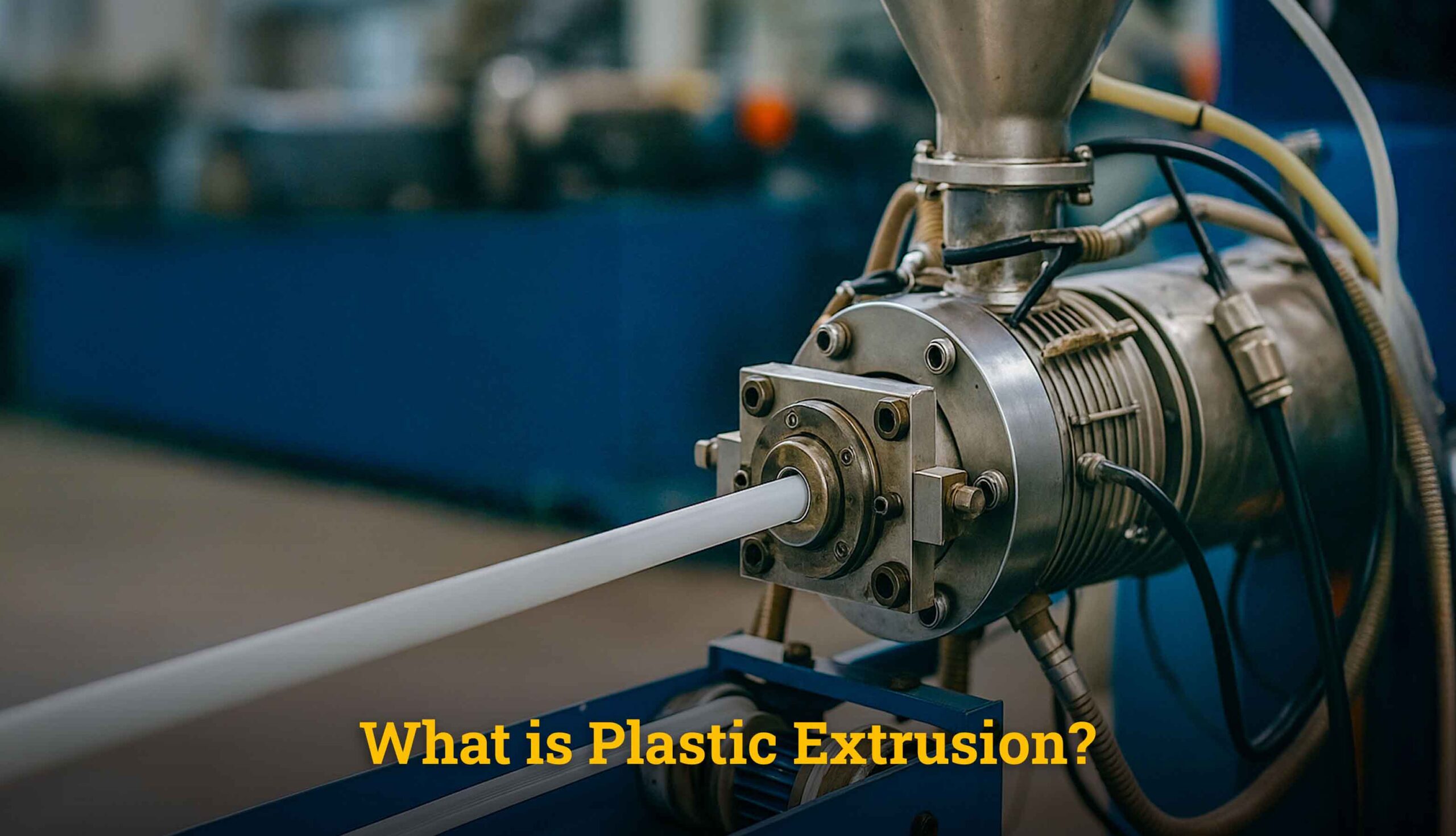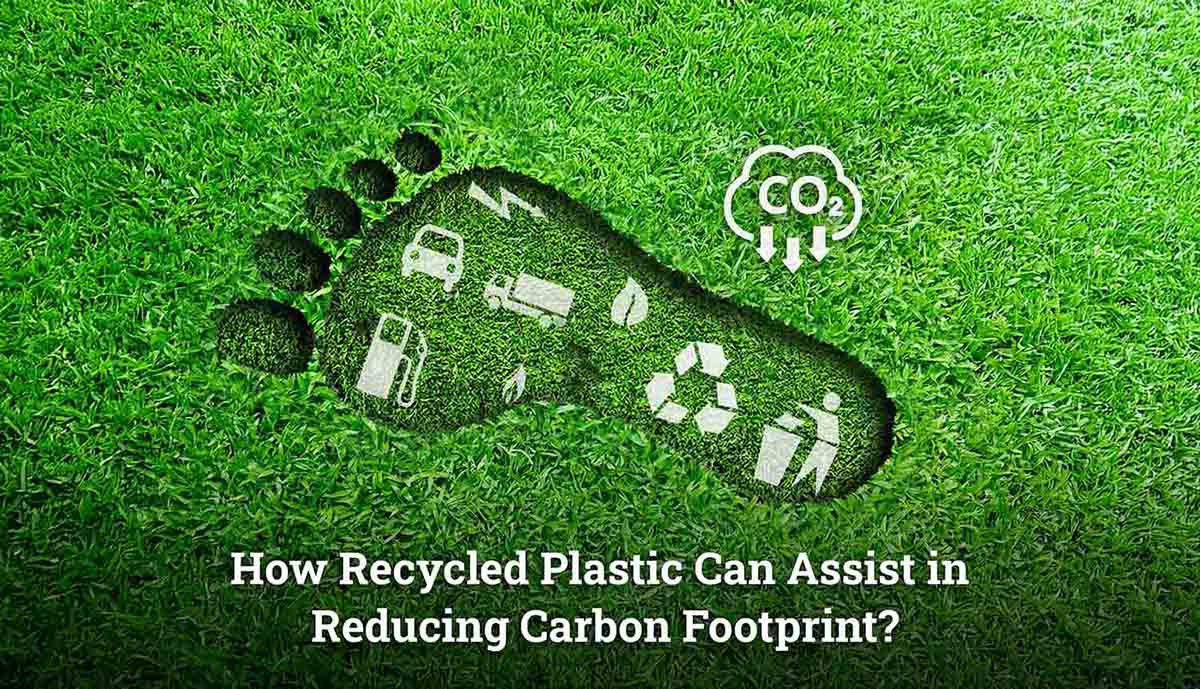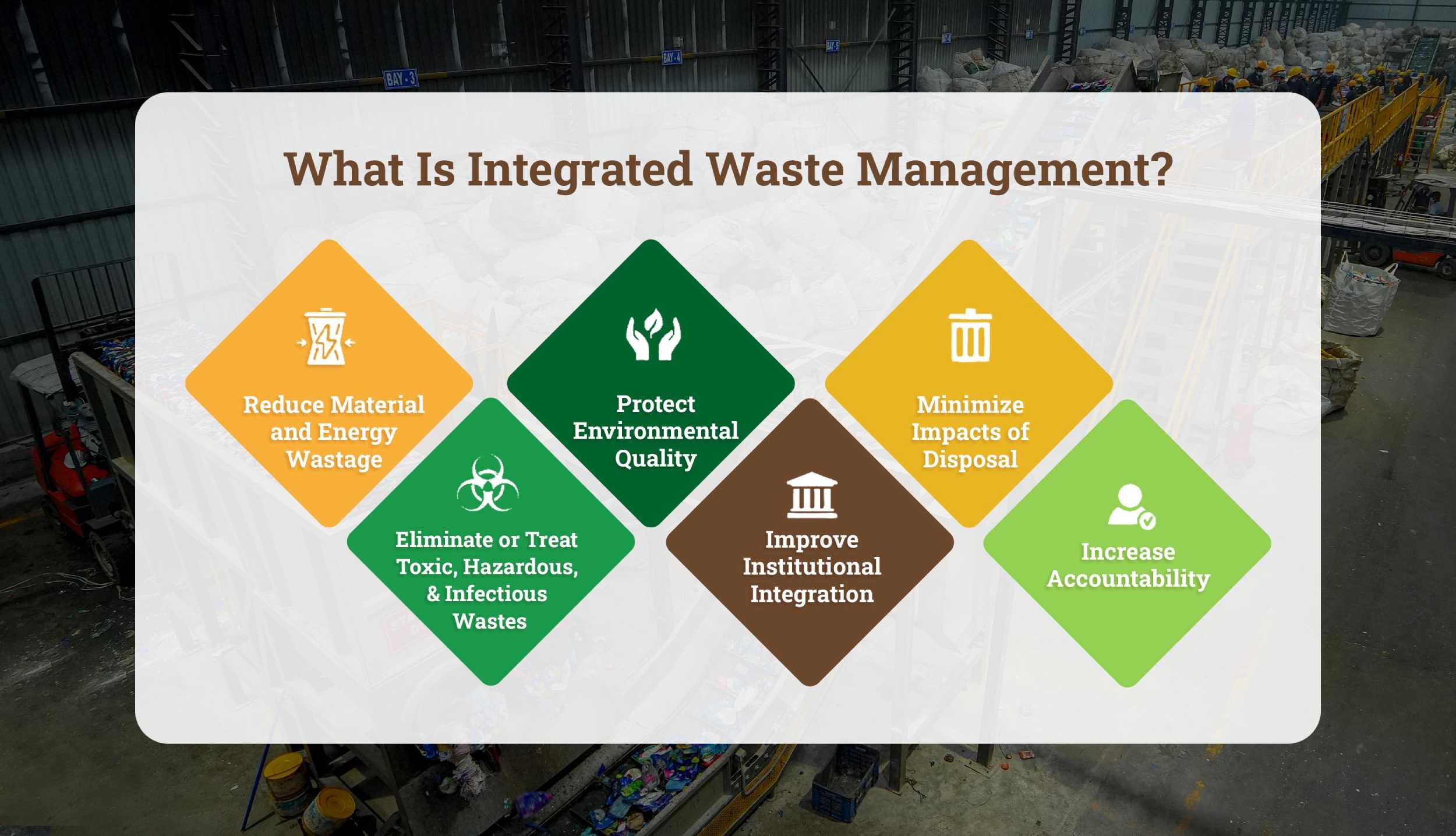Plastic is a unique element of modern society, offering unique convenience and utility in all industries. Starting with food packaging to medical supply, it is indispensable on account of its light, durable, and versatile qualities. However, the very same ubiquity presents one of the biggest threats for the environment. Millions of tons of plastic waste are produced every year, of which most ends up in landfills or oceans, polluting them and killing wildlife. Plastic recycling is a real answer to these problems. Through recycling used materials, the burden on natural resources decreases, energy consumption reduces, and the production of greenhouse gases decreases. Furthermore, the benefits of plastic recycling also counter the increasing problem of overflowing landfills, conserving the earth for the next generations. Besides the environmental advantages of recycling plastic, it provides economic opportunities, including the creation of jobs and development of sustainable industries. Additionally, responsible consumption and proper waste disposal are brought into the community. Overall, the pros of recycling plastic are not just about doing something; it is, in fact, an important approach toward a circular economy leading to a clean and a healthy world. By raising awareness of the importance, individuals and communities can also make a permanent impact on the planet, reaping recycling plastic advantages for all.
Why Is Plastic So Used in Packaging?
The versatility and cost-effectiveness of plastic explain why it dominates packaging. Its lightweight, yet durable features protect the goods it packs, with low transportation costs at the same time. Moreover, it does not allow any form of moisture or contaminant into the product and hence maintains its safety and quality while still encased. The designs that manufacturers use in making packaging to fit all needs are all thanks to plastic.Plastic, useful as it is, also suggests the urgency of recycling to tackle its environmental harm. The benefits of the plastic recycling process are vital in shrinking these effects, saving valuable resources, and fostering sustainability. Additionally, the advantages of recycling plastic aren’t limited to our surroundings. It creates jobs and boosts the economy as well. To know more about the causes and solutions, check out our blog on Causes of Plastic Pollution and How to Fix Them.
Environmental Benefits of Plastic Recycling
Less garbage in dumps
By recycling plastics, we don’t send them to landfills. There, they’d take ages to break down and would release harmful gases such as methane and carbon dioxide.
Saving energy
Creating recycled plastic uses less energy compared to making new plastic from untouched resources.
Conservation of natural resources
Recycling reduces the need for extracting raw materials, which helps protect ecosystems and minimizes deforestation.
Reduces pollution
It stops harm to animals and nature by not allowing plastics to get near the ocean and other untouched landscapes. To explore actionable solutions for reducing pollution, check out our blog on 10 Ways to Reduce Plastic Pollution.
Economic Benefits of Plastic Recycling
There are a variety of economic benefits of plastic recycling aside from environmental protection. It significantly creates jobs for people in various sectors like collection, sorting, processing, and manufacturing in recycling industries. Such employment also strengthens local economies besides encouraging skills on the practice of sustainable resources.
The pros of recycling plastic include reducing the need for raw material extraction, which in turn lowers production costs and boosts profitability. Businesses benefit from using recycled plastic products, making recycling an eco-friendly and cost-effective solution. This feeds more money into eco-friendly tech. Picture an economy that goes in circles. Here’s how- we use things, we don’t throw them away. We engage them back in the making process. Sounds good, right? This approach cuts down on waste, sparks new ideas, and keeps markets from going haywire. What’s more, governments and businesses get to keep extra bucks since they don’t have to fuss over trashing stuff. Plus, they get to make money from the recycled stuff. The plan is win-win. It gives the economy a boost, making things better for everyone involved. Recycling plastic advantages are evident, as it not only strengthens the economy but also promotes sustainability and resource efficiency.
Social Benefits of Plastic Recycling
Beyond environmental protection, plastic recycling has immense social benefits. It gives the impression that members of society take responsibility and promote awareness towards sustainability. Plastic recycling will minimize waste materials that lie in public areas. Public health and safety are therefore enhanced because there will be a minimization of the risk of water and food contamination as well as less possibility of injuries due to plastic litter. There is an importance given to recycling efforts in maintaining social equity since such initiatives not only create jobs that are environmentally friendly but also can improve livelihoods while developing skills, especially in less-advantaged areas; thereby, social unity results since communities team up and unite to do something great to reduce negative impacts on the environment. Plastic recycling has many pros and advantages of recycling plastic. It not only spruces up neighborhoods but also boosts everyone’s mood and overall health. Doing eco-friendly stuff only adds to its perks. The good from recycling plastic isn’t just limited to helping the Earth. It also brings people closer, empowers our community, and nudges us towards green living.
How Does Plastic Recycling Help the Environment?
Recycling plastic is great for the environment. It needs less energy than creating new plastic from scratch, saving power. It also cuts down on the use of oil-based plastics, meaning fewer fossil fuels are used. Additionally, it lowers the amount of greenhouse gases going into the atmosphere, which fights against climate change. Not only that, but it also conserves natural sources and shrinks our need for landfills, which curbs environmental damage. Lastly, recycling nurtures good habits. It urges people and communities to be more eco-friendly.
Conclusion
Plastic recycling is more than just a strategy for dealing with waste—it’s an avenue toward a sustainable future. This, in effect, not only lessens damage to the environment, but stimulates economic growth while contributing to welfare in social activities. Joining forces in plastic recycling would be considered a step forward in stewardship towards environmental stewardship with meaningful action for a cleaner and healthier planet.
FAQ's
How to recycle plastic at home?
Most people recycle plastics. Common ones are PET (stands for polyethylene terephthalate), HDPE , PVC (or polyvinyl chloride), and LDPE (which is low-density polyethylene). Understanding the benefits of recycling plastic waste can motivate you to take these small but impactful actions, as it helps reduce pollution and conserve resources. Once done, put them neatly in a special bin for recycling. It’s important to know what your local area’s recycling rules are too. That way, no mistakes happen during disposal! By recycling plastic, you help realize recycling plastic benefits to the environment, reducing pollution and conserving resources. In addition, you play a part in the merits of using reused plastic. This backs eco-friendly habits and lessens the need for fresh raw materials.
How is plastic recycled?
Plastic is sorted and arranged according to its type, cleaned up, and then cut into tiny bits. These bits undergo a process of melting, then reshaping into fresh items or materials. This approach cuts down on the demand for brand new raw resources and aids in saving energy. This process brings significant recycling plastic benefits to the environment, as it reduces waste, minimizes resource extraction, and helps lower carbon emissions.
What types of plastics can be recycled?
Plastics like PET (polyethylene terephthalate), HDPE (high-density polyethylene), PVC (polyvinyl chloride), and LDPE (low-density polyethylene) are usually recycled. Always look at your local rules though, not every kind is okay to recycle. By recycling these plastics, we can enjoy the benefits of using recycled plastic, which include reducing the need for new raw materials, saving energy, and promoting sustainable practices.
What happens to plastics that cannot be recycled?
Often, we toss unrecyclable plastics in piles or set them on fire. These plastics might get a second life, such as making energy or covering dumps. Yet, they can also pollute and harm nature. Meanwhile, benefits of recycling plastic waste include shrinking waste, saving natural resources, and easing harm on nature. Benefits of using recycled plastic include reducing the demand for new raw materials and minimizing environmental degradation. Recycling plastic waste lets us keep these plastics away from dumps and lessen their harmful effects on ecosystems.

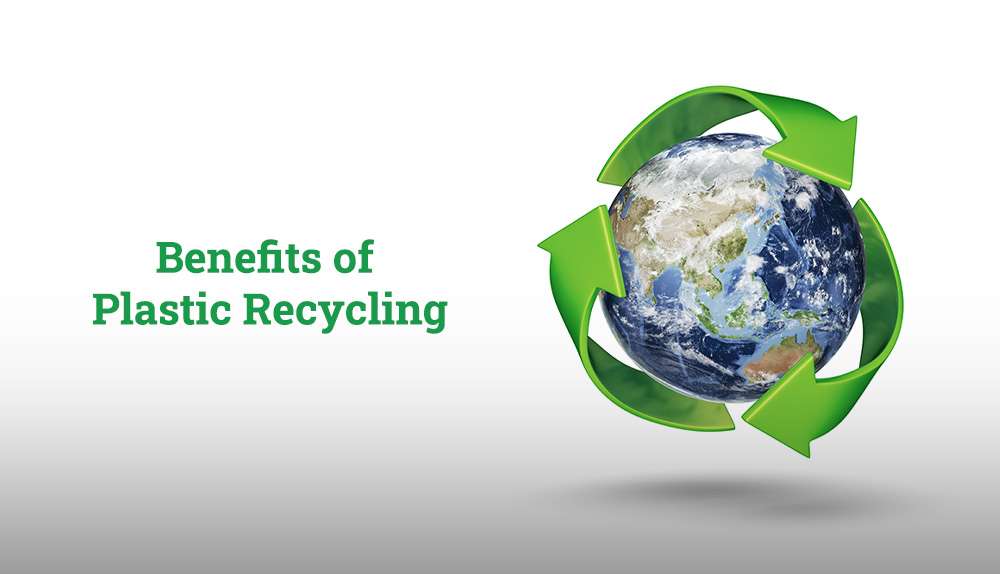
 What is Plastic Extrusion?
What is Plastic Extrusion?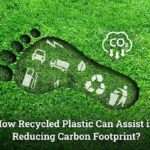 How Recycled Plastic Can Assist in Reducing Carbon Footprint?
How Recycled Plastic Can Assist in Reducing Carbon Footprint?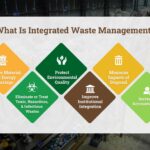 What Is Integrated Waste Management in India? And Why Is It Important?
What Is Integrated Waste Management in India? And Why Is It Important?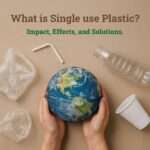 Understanding Single use Plastic: Impact, Pollution, and Solutions
Understanding Single use Plastic: Impact, Pollution, and Solutions What Is Solid Waste and What Are Its Effects on the Environment?
What Is Solid Waste and What Are Its Effects on the Environment?
